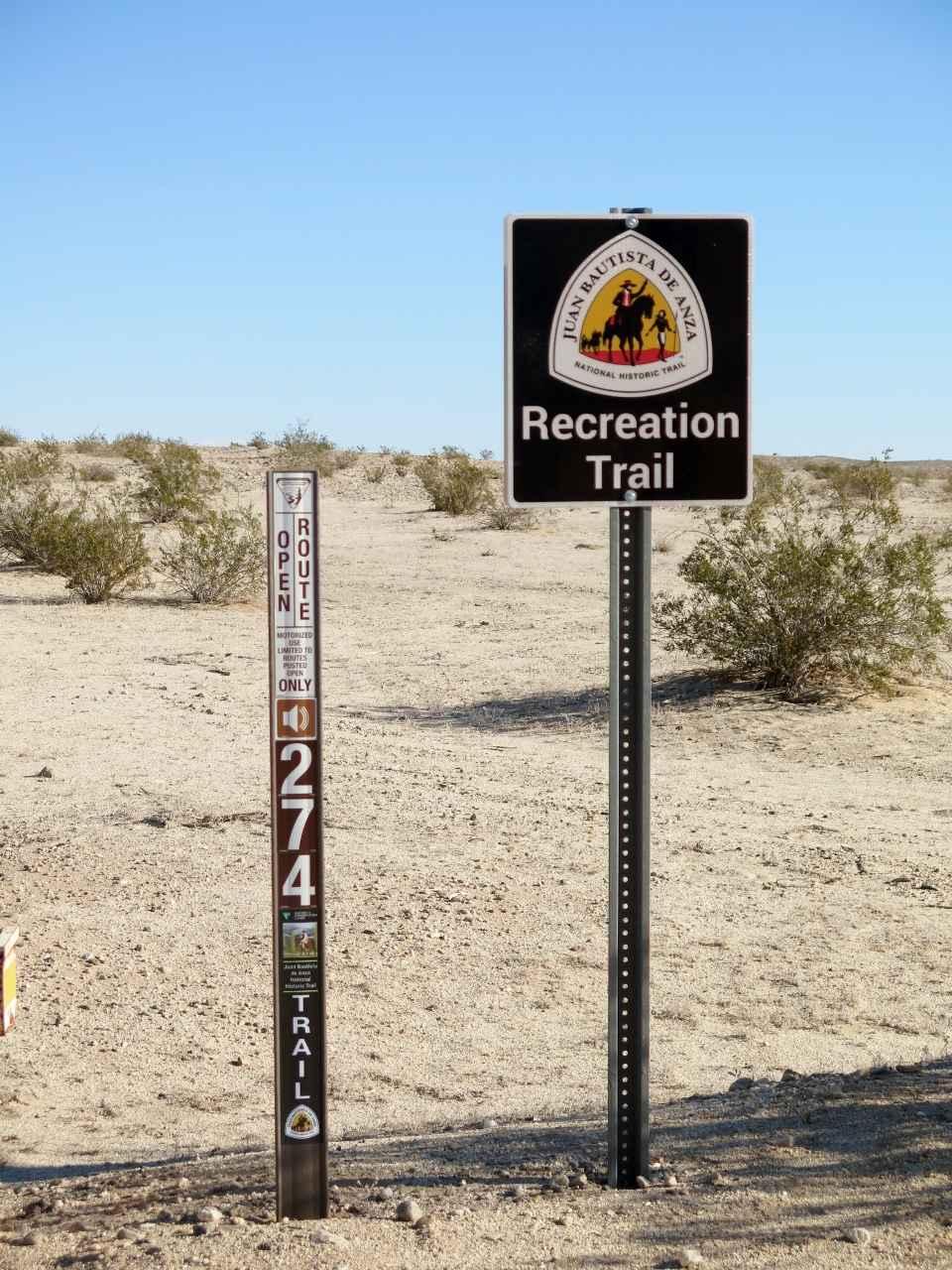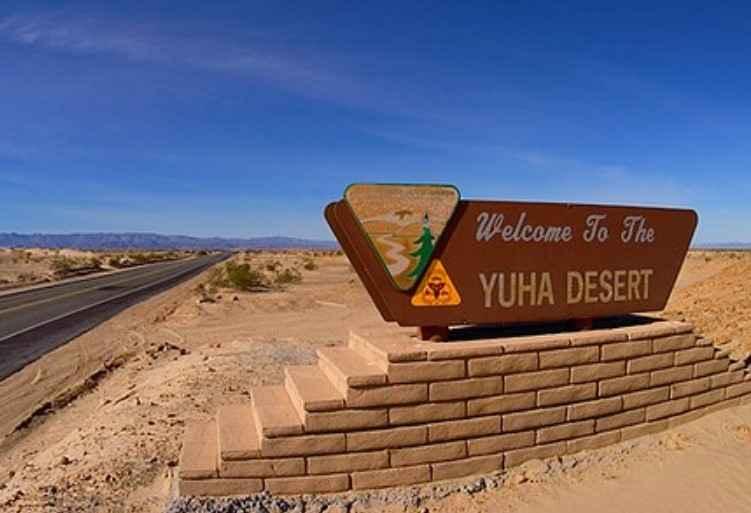EC 274 Yuha Desert
Total Miles
10.7
Technical Rating
Best Time
Spring, Summer, Fall, Winter
Trail Type
Full-Width Road
Accessible By
Trail Overview
EC 274 Yuha Desert is a 10.7-mile point-to-point trail rated 3 of 10 in Imperial County. This is a BLM-designated "Open" trail and can be used by all vehicles. The trail can be accessed from Highway 98 on the west and Interstate 8 exit 101 south on Dunaway Road on the east end. EC 274 is primarily hard-packed desert crossing sandy washes. The highlight along EC 274 is an ancient geoglyph that dates between several hundred to 1,000 years ago. A geoglyph is one type of earthen art that is created on a massive scale across open stretches of desert land and plateaus. Their placement connects them to the land on which they're based. The glyph is located behind a fence area (please do not cross the fence) and is located at 32deg42'55.84"N, 115deg54'9.78" W. In 1975, the geoglyph was damaged by vandals and has since been reconstructed by the Imperial Valley College Barker Museum and BLM. Along Highway 98 off the Dunaway Road Interstate exit, and at other access points to the Yuha, you'll see Limited Use Area signs. This means that motorized vehicle travel is allowed, but that it is limited to approved routes of travel. No cross-country travel is allowed, including off-road hill climbs and construction or use of three- and four-wheeler play loops. The area is accessible year-round but summer temperatures can exceed 115 degrees. Cell phone service is intermittent. All major services are located 10 miles east in El Centro.
Photos of EC 274 Yuha Desert
Difficulty
The trail consists of loose rocks, dirt, and sand with some slickrock surfaces and possible mud holes, but no steps higher than 12 inches. 4WD may be required, and aggressive tires are a plus.
History
The Yuha Desert is a section of the Sonoran Desert located in the Imperial Valley of California, south of Interstate 8, west of El Centro, and north of the international border. Unique aspects of the Yuha Desert include the Oyster Shell Beds, De Anza Historical Monument, Crucifixion Thorn Natural Area, and the Yuha geoglyph. It is the homeland of the Kamia, also spelled Kumeyaay, and may have been used by other Native American groups such as the Cahuilla, Quechan, and Cocopah Native American people. The Yuha Desert is a BLM area of critical environmental concern (ACEC). It is home to sensitive plants and animals as well as historic and prehistoric cultural sites. It is a limited-use area, meaning that travel is limited to designated routes of travel to protect these resources, so please observe all posted signs. An audio tour describing several points of interest in the area is available from BLM's El Centro Field Office. The Yuha Desert can be accessed from State Highway 98 and from the Dunaway Road exit off Interstate 8.
Status Reports
EC 274 Yuha Desert can be accessed by the following ride types:
- High-Clearance 4x4
- SUV
- SxS (60")
- ATV (50")
- Dirt Bike
EC 274 Yuha Desert Map
Popular Trails
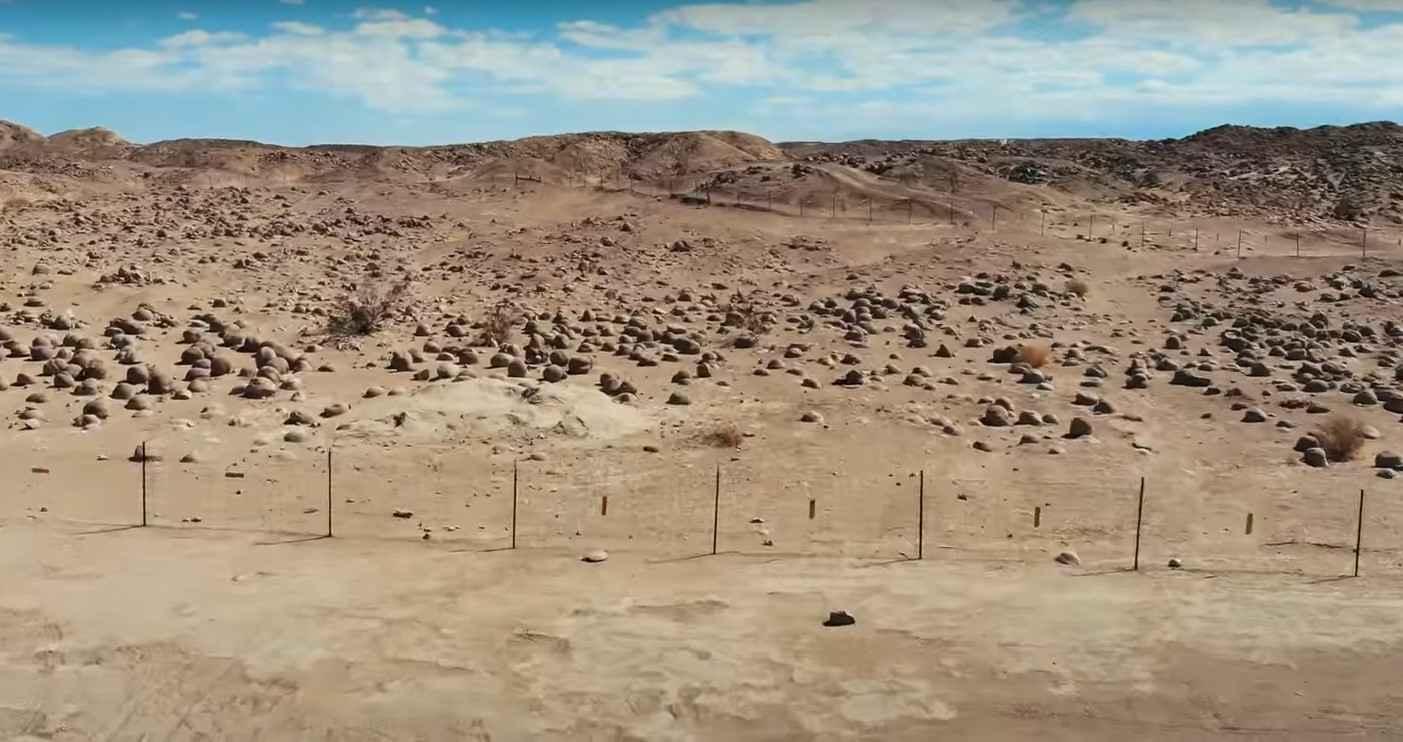
Pumpkin Patch Trail
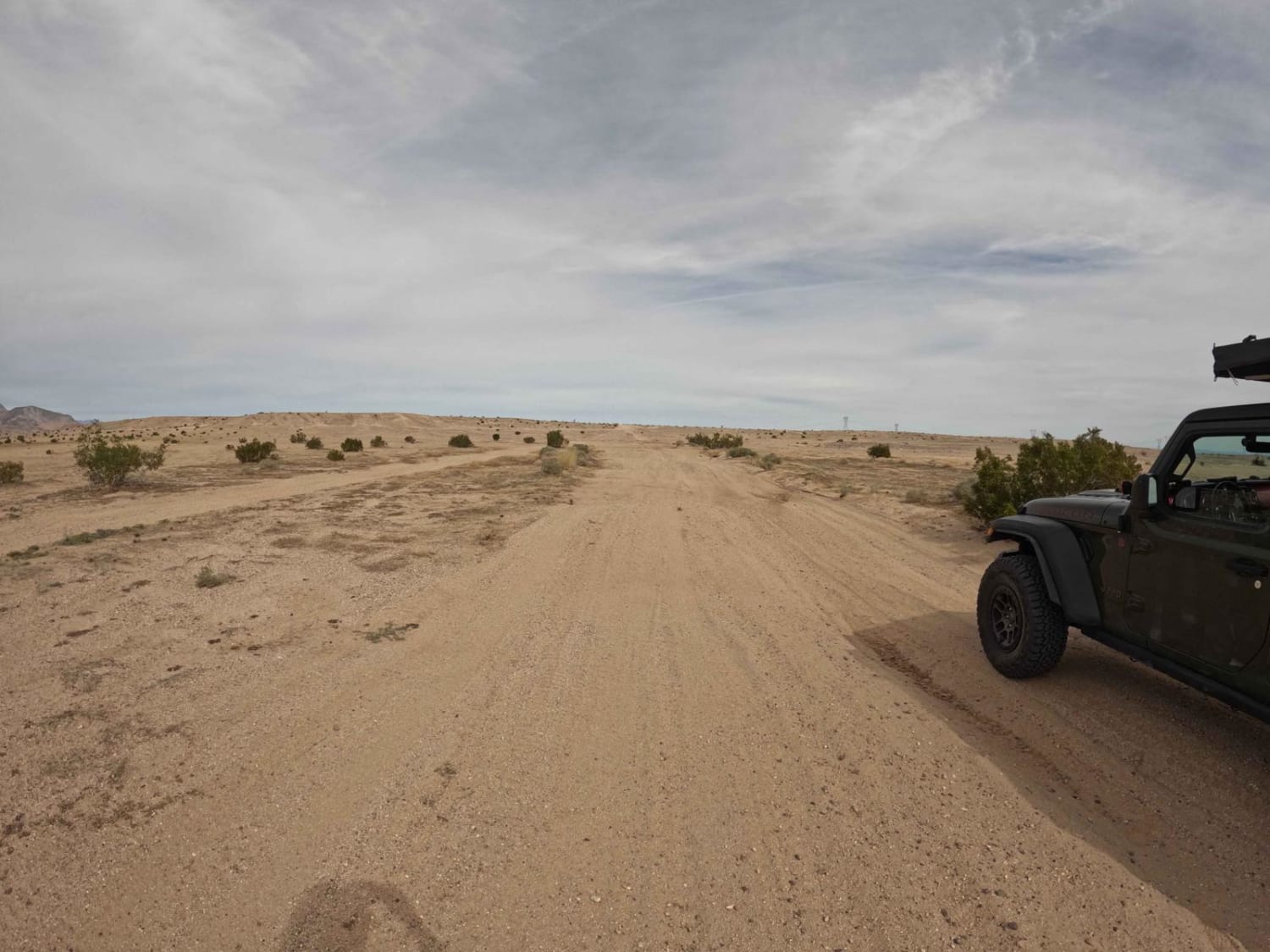
San Felipe Jeep Trail
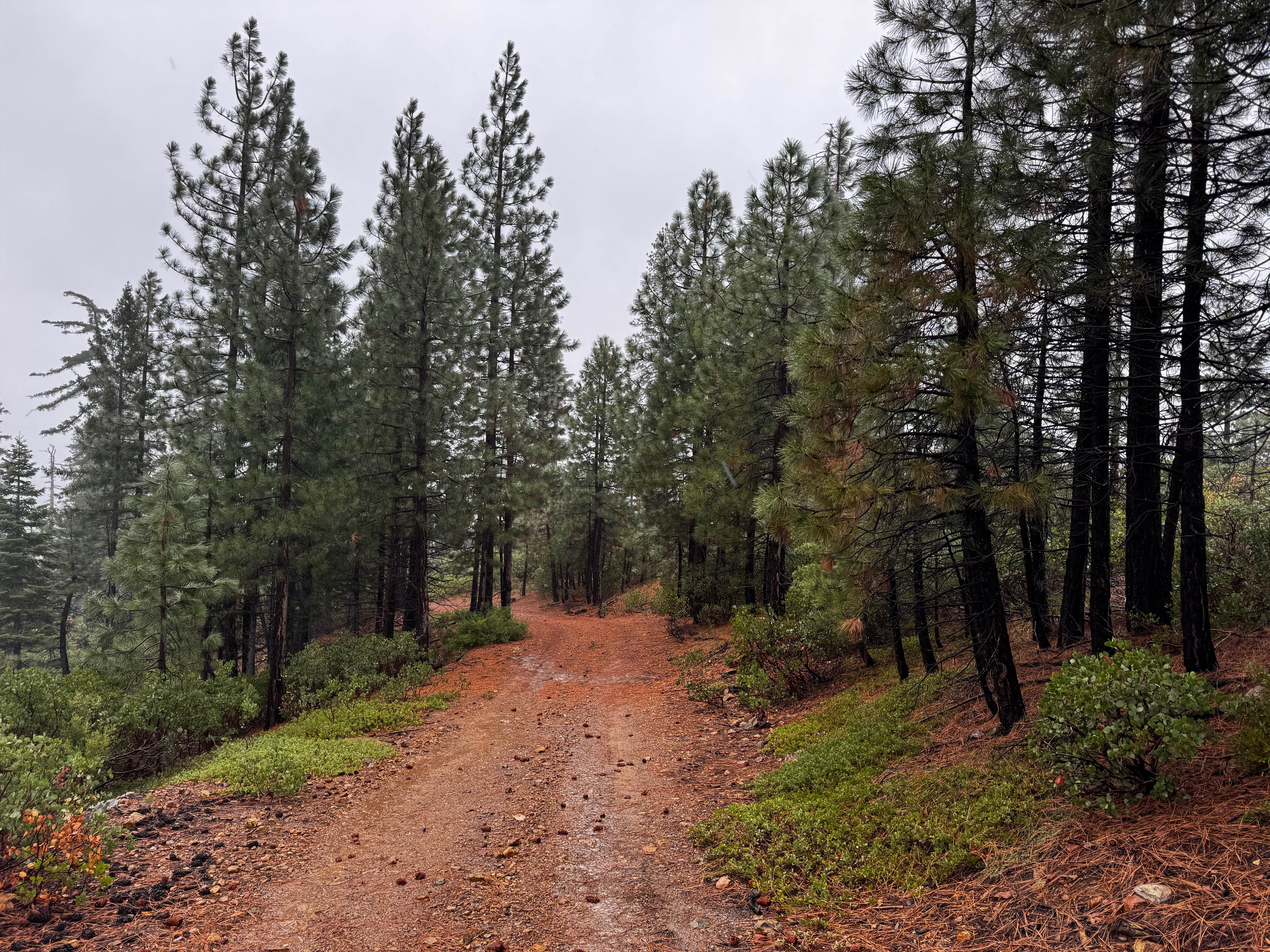
Screwauger Trail

Smokey Bear Flat - FS3S04
The onX Offroad Difference
onX Offroad combines trail photos, descriptions, difficulty ratings, width restrictions, seasonality, and more in a user-friendly interface. Available on all devices, with offline access and full compatibility with CarPlay and Android Auto. Discover what you’re missing today!
